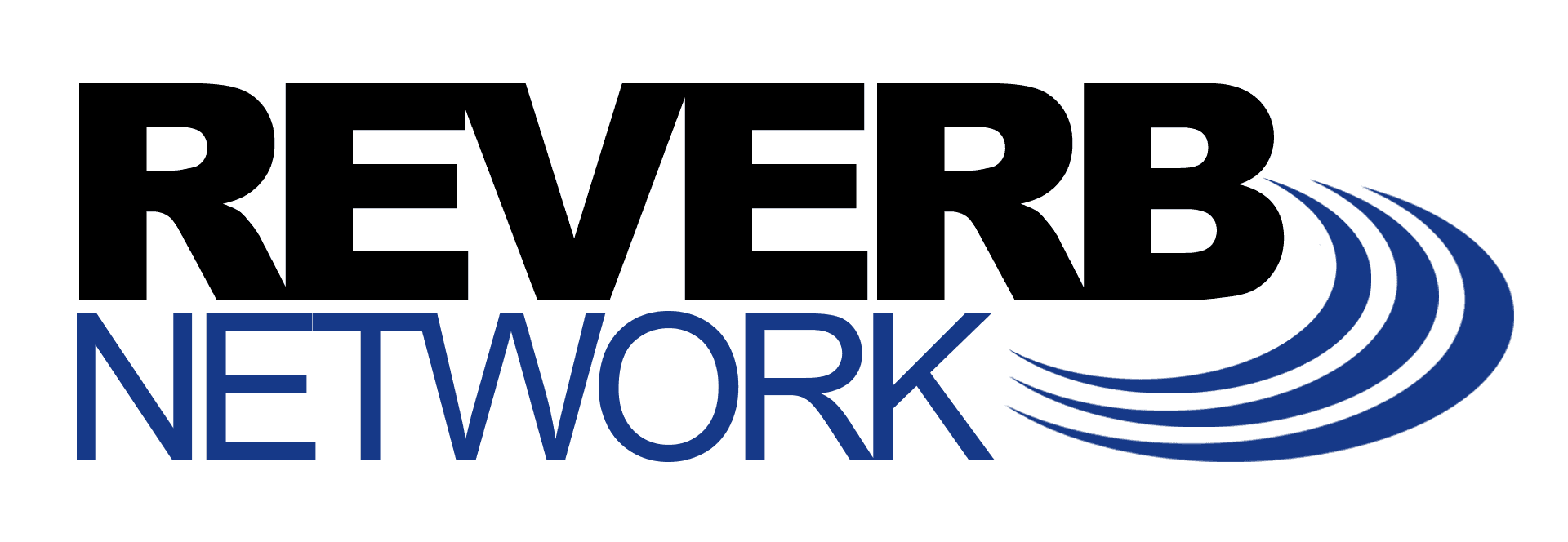Power and Influence
[Coaching Lesson #6 from our Serving Leadership Development Program—Achieving Organizational Effectiveness, Phase 4]
Power and influence are essential to leadership. Without them, leaders are unable to lead. Unfortunately, power and influence are not always used appropriately.
A leader that leads, loves, and serves like Jesus must learn to use their power and influence to serve others and accomplish the mission God has given them. They are not to be used for selfish interests.
The “Not so with You” Mandate (Matthew 20:20-28)
Jesus clearly articulated to His disciples that they were not suppose to misuse their power and influence by “lording over” people. By doing so, He set a new standard of leadership.
Jesus modeled for His disciples and for us the concept of serving leadership. Like Him, we too ought to use our power and influence to serve others and build God’s Kingdom, not our own. He tells us that there is only one correct use of power and influence—to serve God and to serve others. As Christian leaders, we must be careful to always use our power and authority wisely.
How Rehoboam Misused his Power (2 Chronicles 10:1-19)
Rehoboam—son and successor to Solomon—was very young when he became the king. Knowing very little about being a leader, he sought out the advice of his elders and peers when faced with a challenging decision. Unfortunately and unwisely, he chose to listen to the advice of his younger peers rather than to that of the older men who understood the current environment. He chose to “show the people who was boss” and used his power and authority as a weapon to punish them. Ultimately the kingdom was torn in two and Rehoboam lost much of his potential influence.
There are two types of power: (1) Positional power—based on one’s position, title, or authority; and (2) Referent power which is based on relationships. Those who only use positional power to get followers to accomplish their objectives are nothing more than dictators, not leaders. Rehoboam soon lost his ability to lead because his misuse of power destroyed the trust of the people.
Consider following scriptures and how they apply to leaders using their power and influence:
Discussion Questions:
- Discuss Jesus’ “not so with you” mandate. How should it apply to Christian leaders today? Give some examples.
- How do leaders sometimes misuse their power and “lord over” others?
- Is power and authority always a bad thing? How can leaders use it for the good of others?
- Lord Acton said, “All power tends to corrupt; absolute power corrupts absolutely.” Do you agree with this? Give some examples. How can organizations prevent the misuse of power by leaders?














